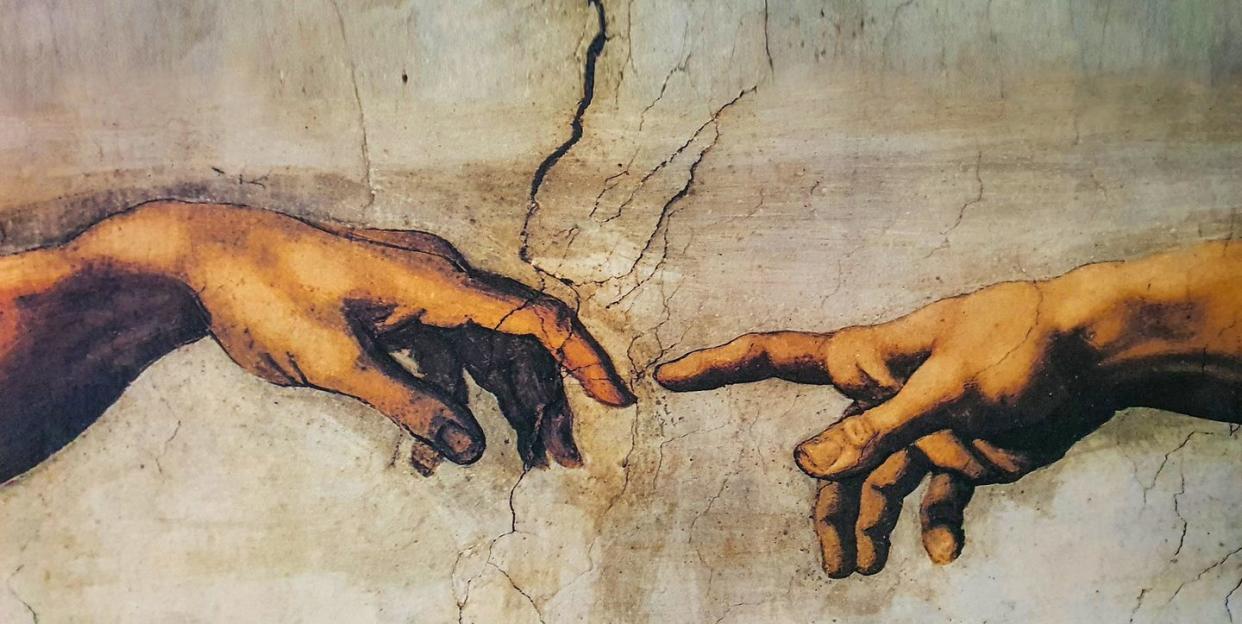The Definition of Life Is Bad and Doesn't Make Sense

Scientists have debated the definition of life for decades, but they still lack a consensus on the answer.
Experts believe that "edge cases" make life difficult to define and blur boundaries across the board.
What may seem basic at first glance gets intricate as discussions begin.
The definition of life isn't a new question, but it's still one without an answer. A recent discussion on Vox brings it back to the limelight—a focus that pushes the question, but offers little clarity on the answer.
"Imagine astronomers not agreeing on the definition of a star," science writer Carl Zimmer poses on Unexplained, a Vox podcast. "But this is even more fundamental. This is life."
The conversation between Brian Resnick, Vox science and health editor, and Zimmer begins on the mainstream edge, discussing whether or not a virus has life. A virus can mutate, has genes, and is made of protein, but it doesn't have a metabolism. So, Zimmer asks, where does a virus stand on the spectrum of life?
Of course, every definition that exists on life—and there are hundreds—leaves a wrinkle to be debated. Resnick brings up NASA's definition: "Life is a self-sustaining chemical system capable of Darwinian evolution." That eliminates viruses, because they aren't self-sustaining.
The discussion then diverts into a cellular level, with the two experts discussing red blood cells and how they are needed for humans to live, but can't live on their own. A red blood cell has no ability to be alive distinct from a human, so are red blood cells really alive?
Then, that conversation moves into bacteria and other situations where parts of a living creature, whether a human or an insect, required a cell or bacteria but that cell or bacteria could not exist apart from the host. As Zimmer says, maybe these elements aren't alive, but "involved in the process of living."
Mix in the fact that scientists have no real true understanding of how humans were formed—sure, we have abundant theories, but more questions than answers—and it makes it trickier to define life at a cellular or bacterial level.
Zimmer then turns to the Amazon molly fish, an interbred fish produced as a hybrid that requires a male from another species to start the process of producing a Amazon molly, which is always female because during the process, all the genes of the male are destroyed. The resulting fish is a clone of itself, Zimmer says. Biologists term these fish sexual parasites, not that unlike how a virus operates.
"Of course, it's alive, of course," Zimmer says. "But when you actually try to put into words what it means to be alive, the Amazon molly and things like it can get you all tangled up."
So, what's alive? As Resnick said at one point, "Oh, I have no idea." That seems to be the common scientific refrain.
You Might Also Like
